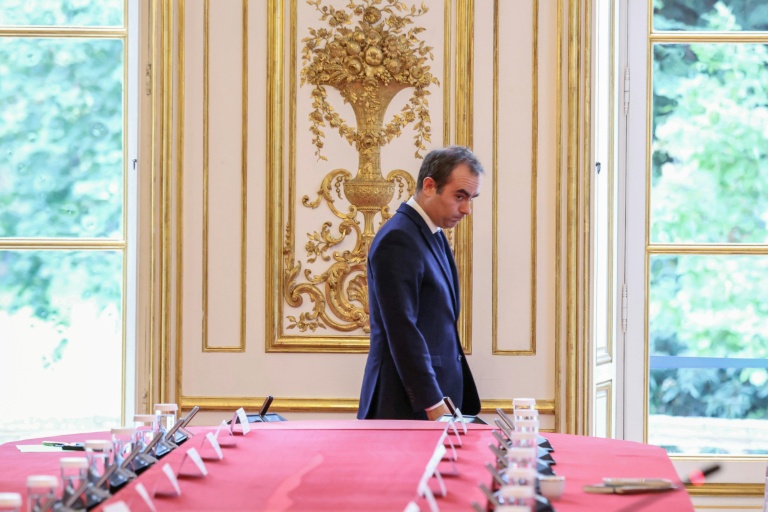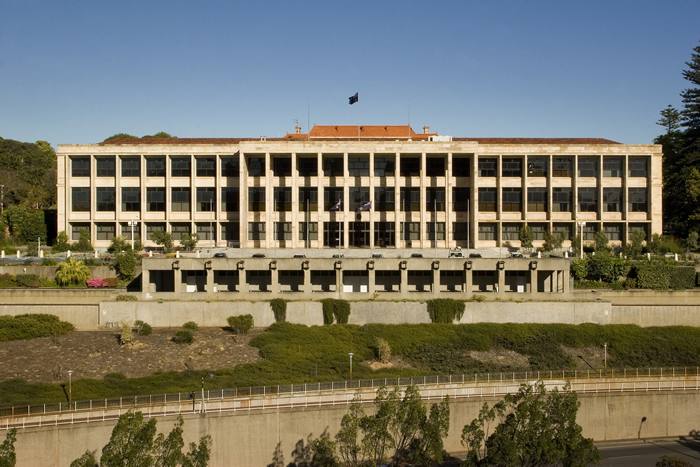
UPDATE: France’s Prime Minister Sebastien Lecornu has just announced a critical move to suspend the controversial 2023 pensions reform, a decision aimed at stabilizing his embattled cabinet amid a deepening political crisis. This announcement was made during his policy speech on July 4, 2023, and could significantly impact the future of the French government.
The reform, which raised the retirement age from 62 to 64, has faced fierce opposition, particularly from the Socialist Party, which threatened to force Lecornu out unless immediate action was taken. In a bid to save his leadership, Lecornu stated, “I will propose to parliament this autumn that we suspend the 2023 pension reform until the presidential election.” This decision could provide the Prime Minister with much-needed respite, as the Socialists indicated they would not push to oust him—for now.
Lecornu, who has been in office for just over a month, is navigating a precarious political landscape following President Emmanuel Macron’s failed snap elections last year, which resulted in a hung parliament, empowering far-right factions. The Prime Minister’s remarks come after tumultuous weeks that saw his cabinet face harsh scrutiny and instability.
The suspension of the pension reform is projected to cost approximately €400 million ($463 million) in 2026 and escalate to €1.8 billion the following year. Lecornu emphasized that the government would seek to cover this shortfall through savings, asserting that the move is not merely about “suspending for the sake of suspending” but about creating a sustainable path for the country’s pension system.
This decision has drawn mixed reactions. Socialist lawmaker Boris Vallaud labeled it a “victory” for his party, while cautioning, “We are capable of bringing down a government.” The hard-left France Unbowed and far-right National Rally have already filed motions to topple Lecornu’s cabinet, though their chances of success are slim without Socialist backing.
President Macron, facing unprecedented backlash, warned that any attempt to overthrow Lecornu would lead to the dissolution of parliament and fresh elections. The political turmoil has left Macron’s administration vulnerable, with some calling for his resignation and others pushing for snap elections. The far-right senses an opportunity, eyeing the 2027 presidential elections as a potential turning point.
As France grapples with these developments, the government’s budget is also under scrutiny. Lecornu has proposed a draft budget aiming to cut the public deficit to 4.7 percent of GDP, needing to remain below the 5 percent threshold after parliamentary debate. The nation’s debt-to-GDP ratio remains one of the highest in the EU, trailing only Greece and Italy, intensifying the urgency for fiscal reforms.
With the political landscape shifting rapidly, all eyes are on Lecornu as he navigates this critical moment. The Prime Minister must not only address the immediate threat to his leadership but also lay the groundwork for a stable government capable of passing essential reforms. The coming weeks will be pivotal as parliament reconvenes and debates the future of France’s pension system and economic strategy.
Stay tuned for further updates as this story develops.







